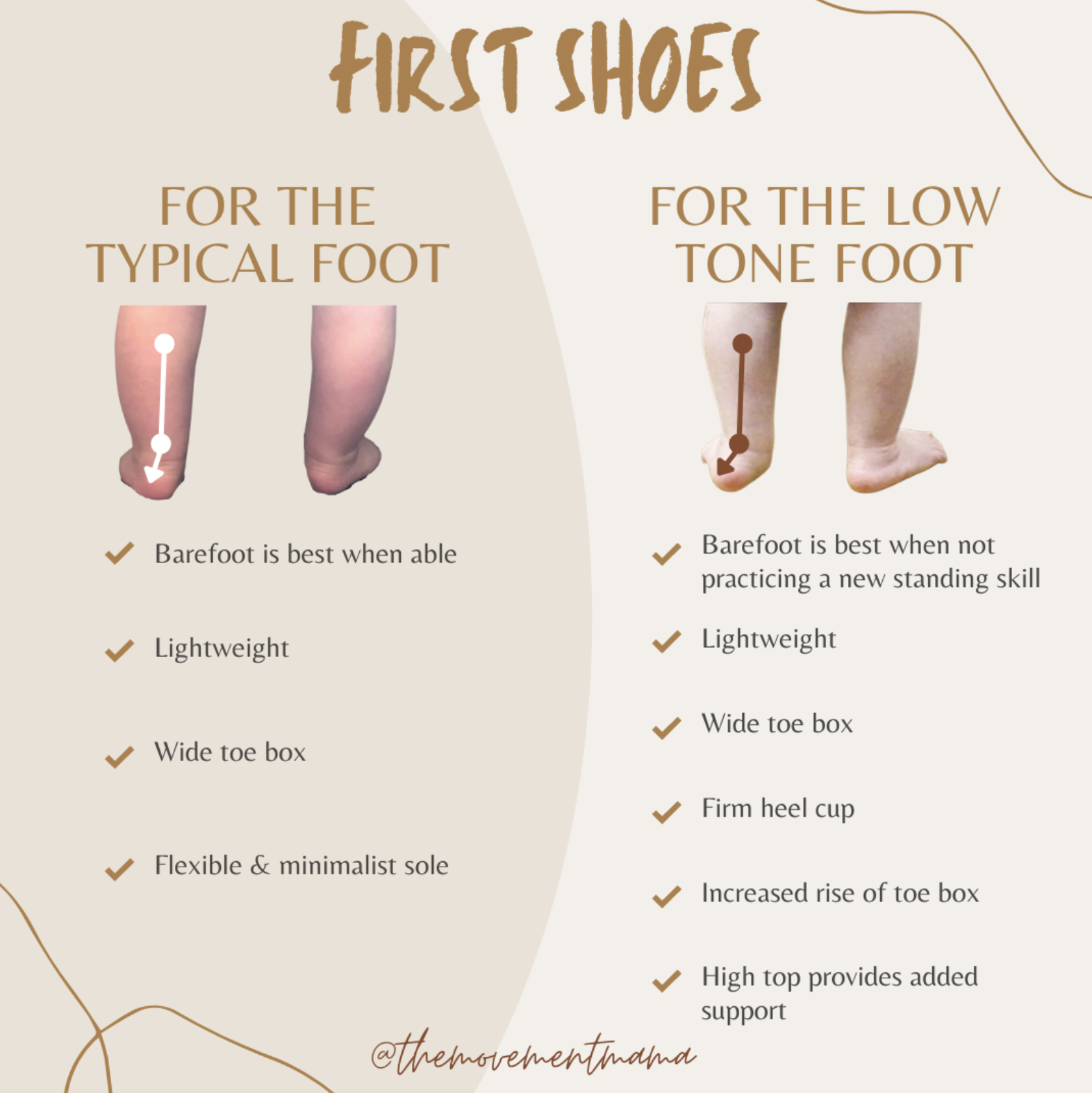The Ultimate Guide to Choosing Your First Walking Shoes
Selecting the right pair of first walking shoes is a crucial step in a child’s development. The shoes you choose can significantly impact their comfort, stability, and overall walking experience. According to pediatricians, the right footwear can aid in the proper development of a child’s foot and leg muscles. This guide aims to provide you with comprehensive, evidence-based information to help you make an informed decision.
Understanding the Importance of First Walking Shoes
The first walking shoes are more than just a fashion statement; they are a critical tool in supporting your child’s early steps. As Dr. Jane Smith, a renowned pediatrician, notes, “The right shoes can provide the necessary support and stability for a child’s developing feet, which is essential for their overall mobility and health.” This perspective is echoed by numerous studies, including one published by the American Academy of Pediatrics, which emphasizes the importance of proper footwear in preventing foot-related issues in children.

Key Features to Look for in First Walking Shoes
When shopping for first walking shoes, several key features should be considered. Firstly, the shoes should be lightweight and flexible, allowing the child’s feet to move naturally. According to a study by the University of California, Berkeley, “Flexible shoes mimic the natural movement of the foot, which is crucial for developing proper walking patterns.” Additionally, the shoes should have a soft, cushioned sole to provide comfort and shock absorption. This is particularly important as it helps in reducing the impact on the child’s growing bones and joints.
Fit and Sizing
Proper fit is arguably the most important aspect of choosing first walking shoes. Shoes that are too tight can restrict movement and cause discomfort, while shoes that are too loose can lead to tripping and falling. It’s recommended to measure your child’s feet regularly, as they grow quickly. As per the guidelines from the National Health Service (NHS) in the UK, “Children’s feet can grow up to two sizes in a year, so regular measurements are essential.” Always ensure there is enough room for the toes to wiggle, typically about a finger’s width between the end of the shoe and the longest toe.

Material and Durability
The material of the first walking shoes is another critical factor. Shoes made from breathable materials, such as leather or mesh, are ideal as they allow air to circulate, keeping the feet dry and comfortable. According to a report by the Mayo Clinic, “Breathable materials help prevent foot odor and reduce the risk of fungal infections.” Durability is also important, especially considering the rapid growth of children. Shoes that are well-constructed and made from high-quality materials will last longer, providing better value for money in the long run.

Common Mistakes to Avoid
Many parents make common mistakes when selecting first walking shoes for their children. One of the most frequent errors is choosing shoes that are too rigid. Rigid shoes can hinder the natural movement of the foot and may lead to developmental issues. As noted by the American Podiatric Medical Association, “Rigid shoes can restrict the foot’s natural range of motion, which is essential for proper foot development.” Another mistake is neglecting to check the fit regularly. Children’s feet grow quickly, and shoes that once fit perfectly can become too small in a matter of weeks.

Conclusion
Choosing the right first walking shoes is a significant decision that can impact your child’s early walking experience and long-term foot health. By considering factors such as flexibility, fit, material, and durability, you can ensure that your child has the best possible start in their walking journey. Remember, the right shoes are not just about style; they are about providing the necessary support and comfort for your child’s developing feet. As Dr. Jane Smith aptly puts it, “Investing in the right footwear is an investment in your child’s future mobility and health.”

